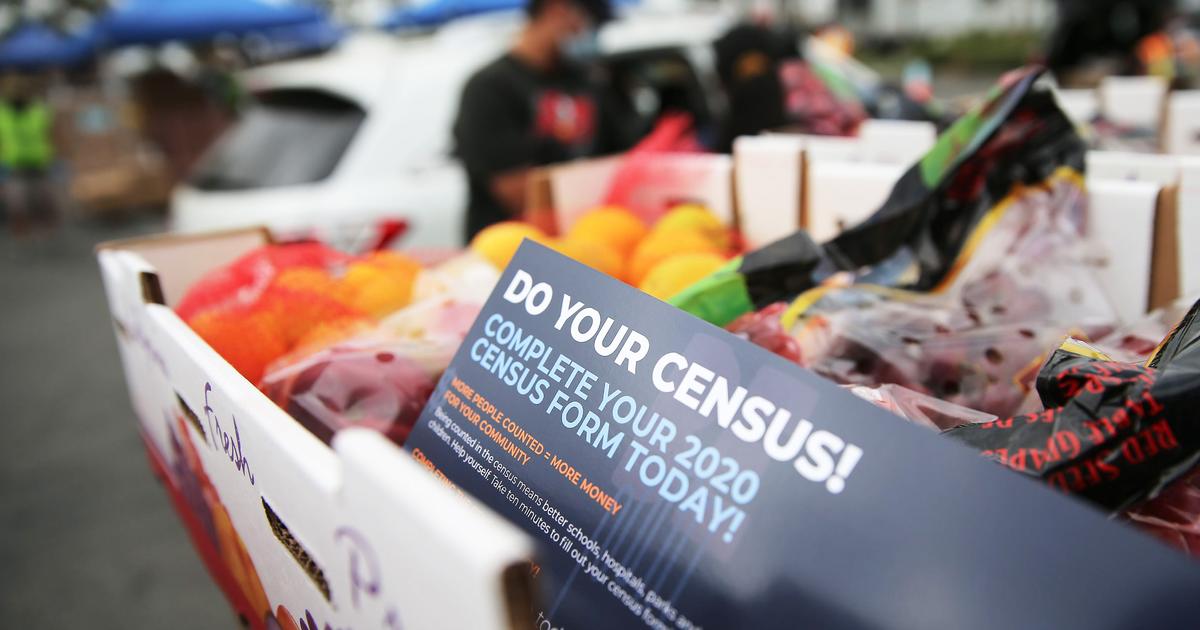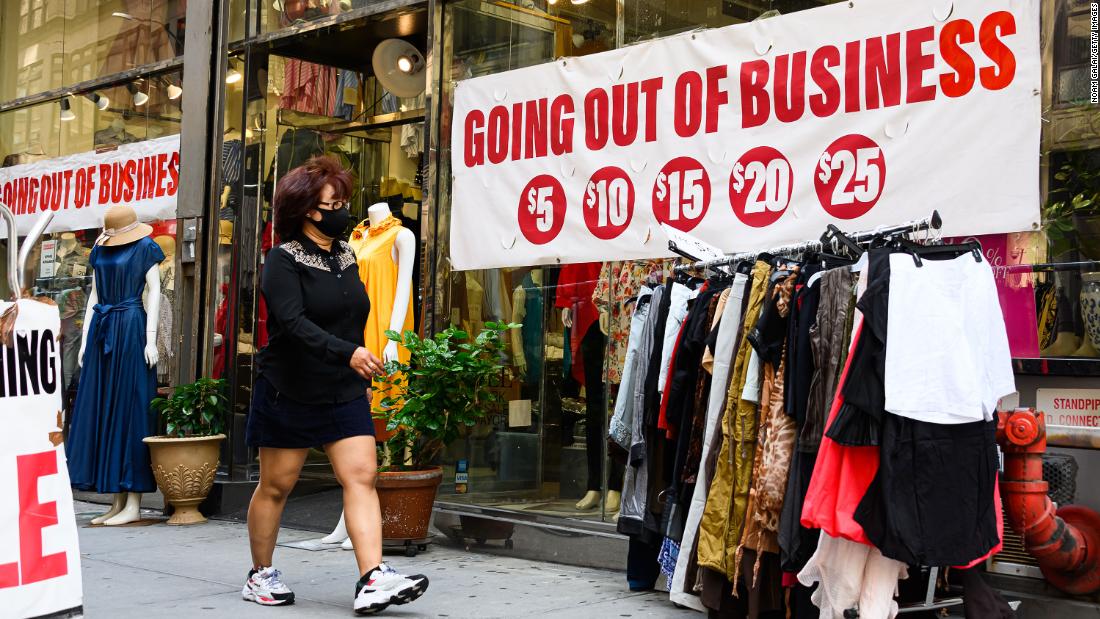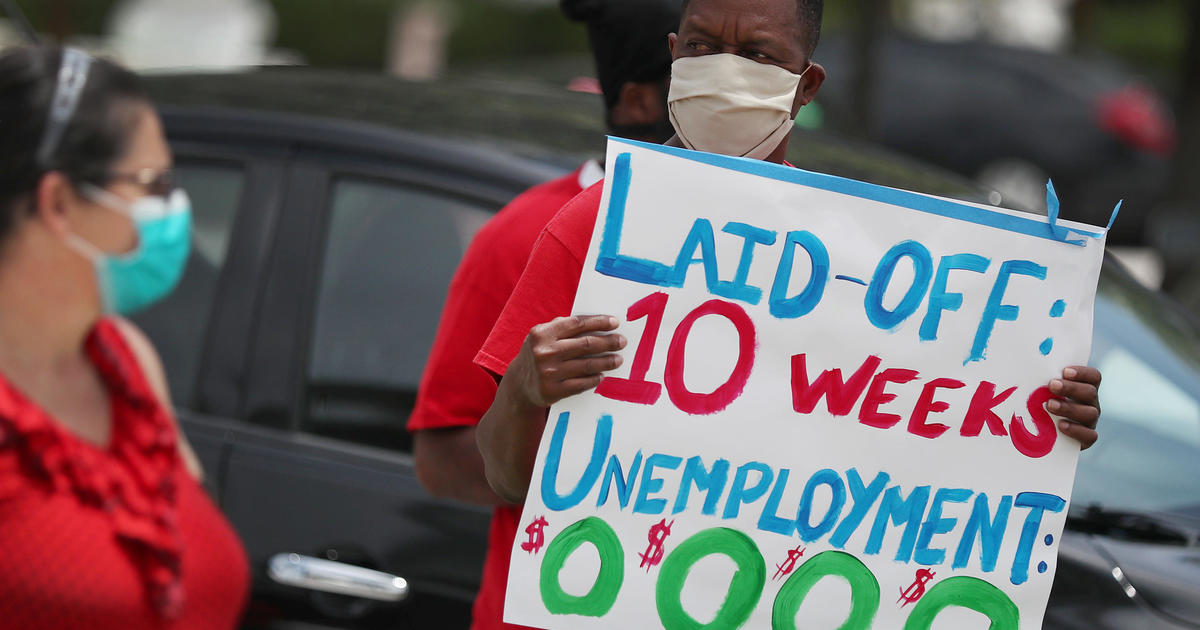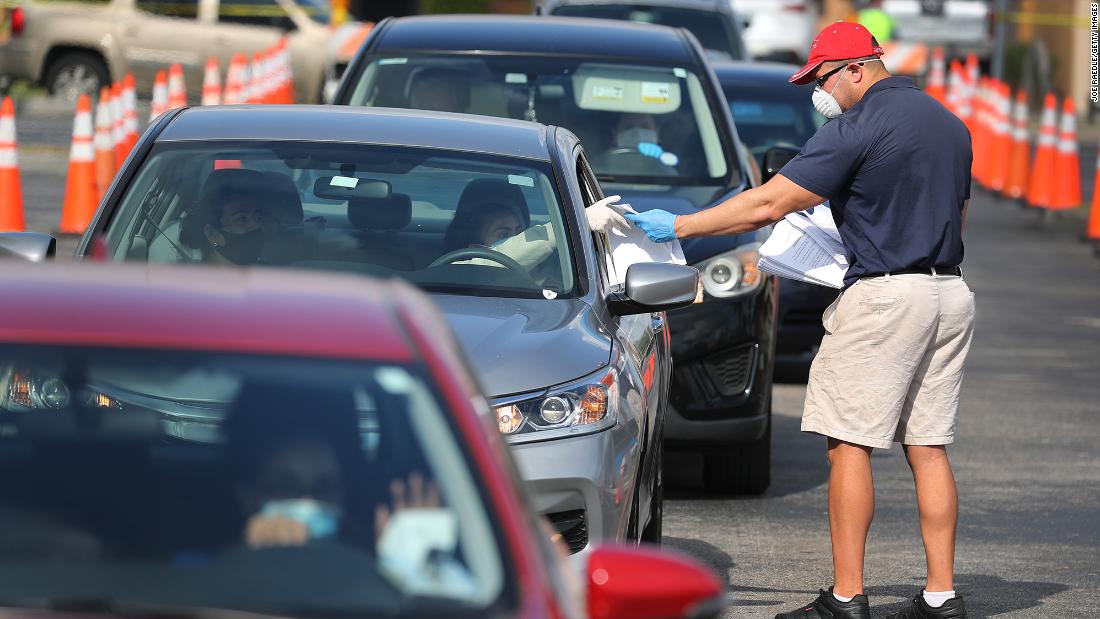Missourians mobilized by the thousands to get Medicaid expansion on the ballot this year, a move that will impact 230,000 low-income residents in the “coverage gap.”
A federal judge Sunday struck down a Trump administration rule that could have stripped food stamps from nearly 700,000 people, saying the US Department of Agriculture has been “icily silent” about how many Americans would have been denied benefits had the changes been in effect during the pandemic.
Social supports are scarce for 269,000 homeless students in California, UCLA report finds.
Researchers looked at the devastating financial effect the pandemic has had on Americans, with Blacks, Latinos and children faring the worst.
Faced with a deluge of fraudulent unemployment claims, California officials said Thursday that 350,000 of the debit cards they issued containing benefits have been frozen because of suspicious activity.
As the coronavirus pandemic continues into its eighth month, a growing number of Americans are exhausting their state unemployment benefits and shifting to extended payments funded by the federal government.
With temporary layoffs turning permanent and career paths derailed, economists say a new coronavirus wave could derail the recovery.
Many jobless workers are learning their benefits are expiring even as the job market remains tough.
We teamed up with local news organizations across the country to document the lives of a dozen Americans who found themselves out of work in the pandemic.

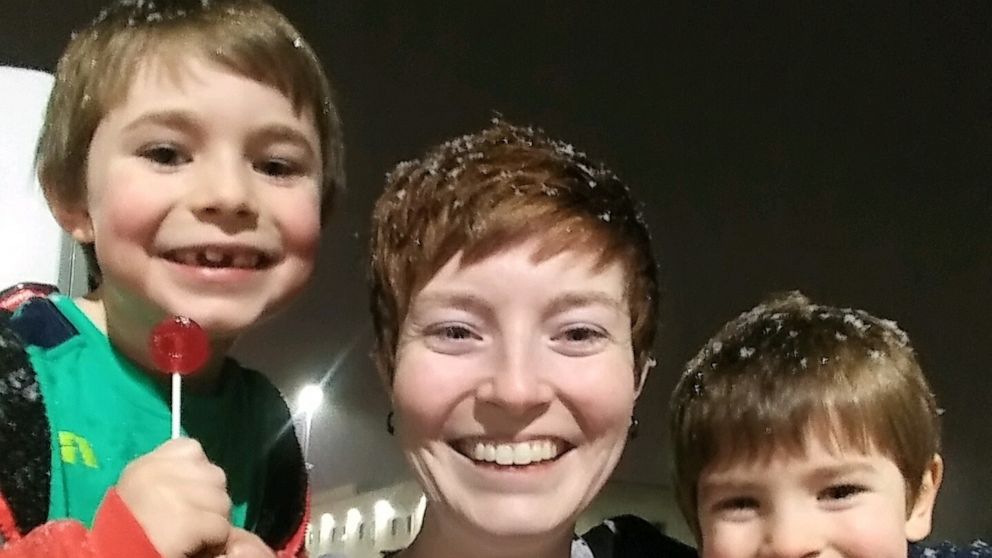
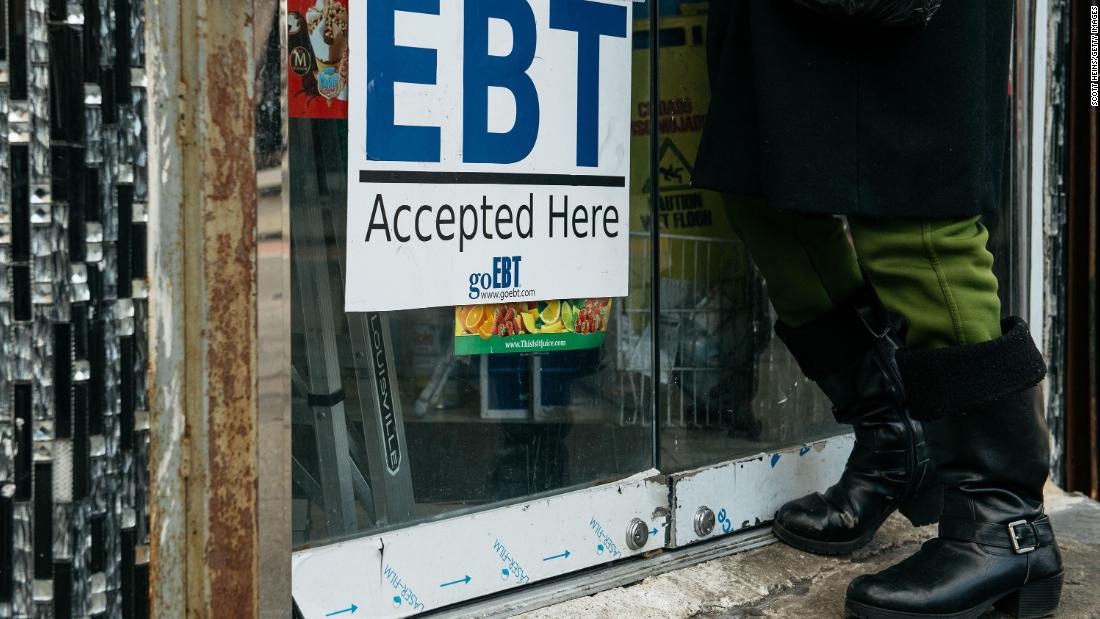
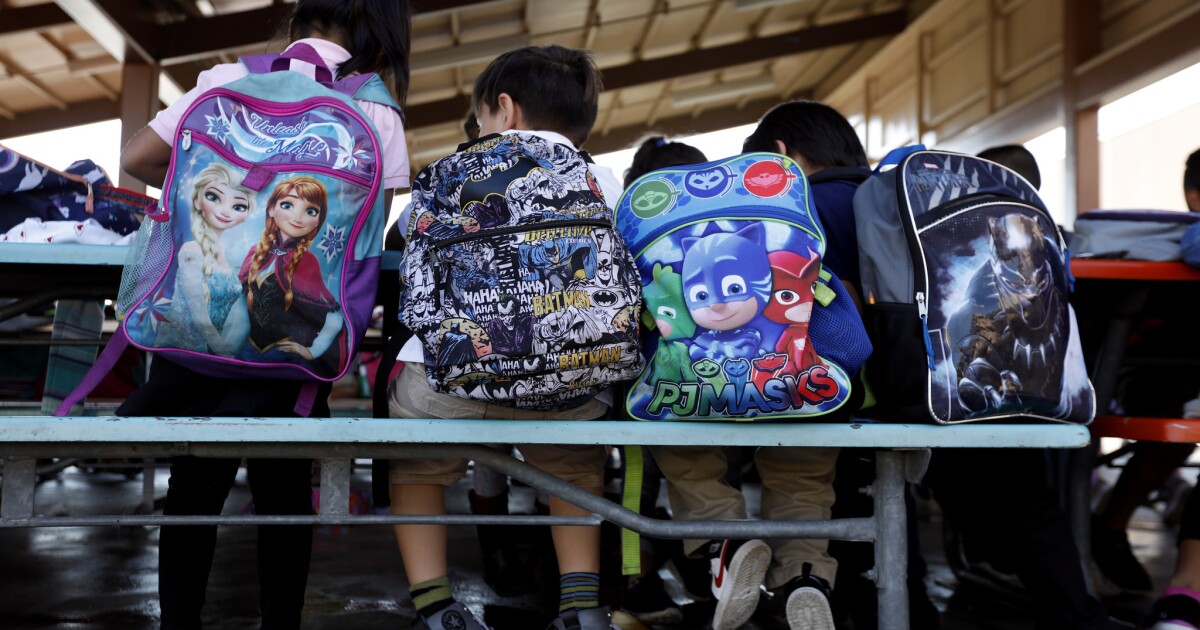
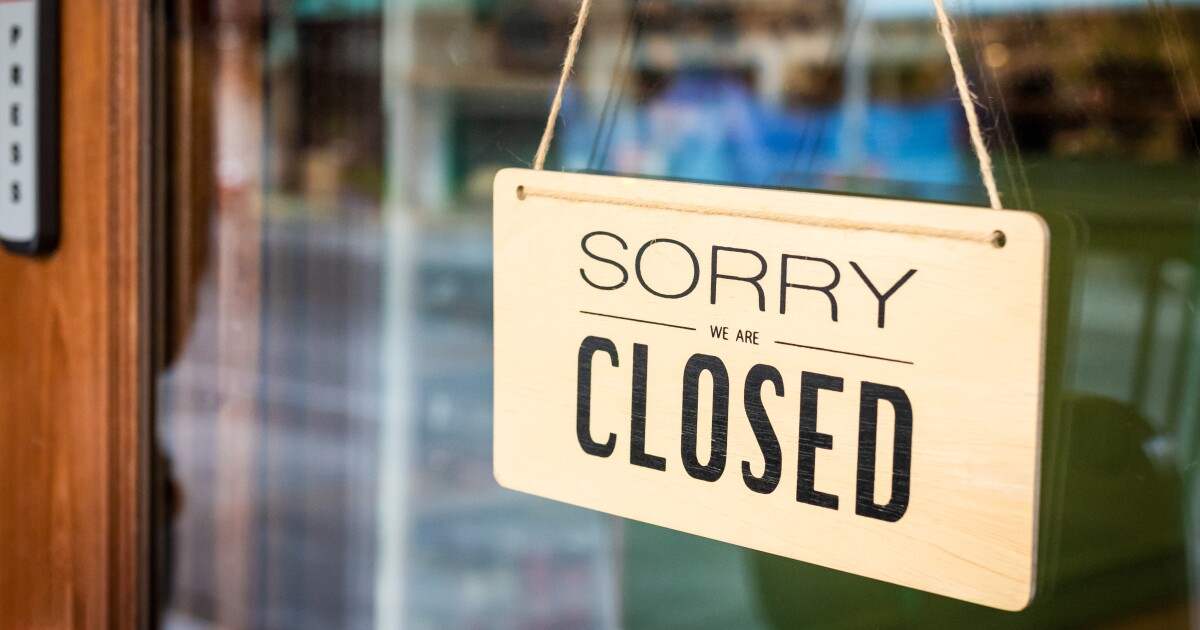
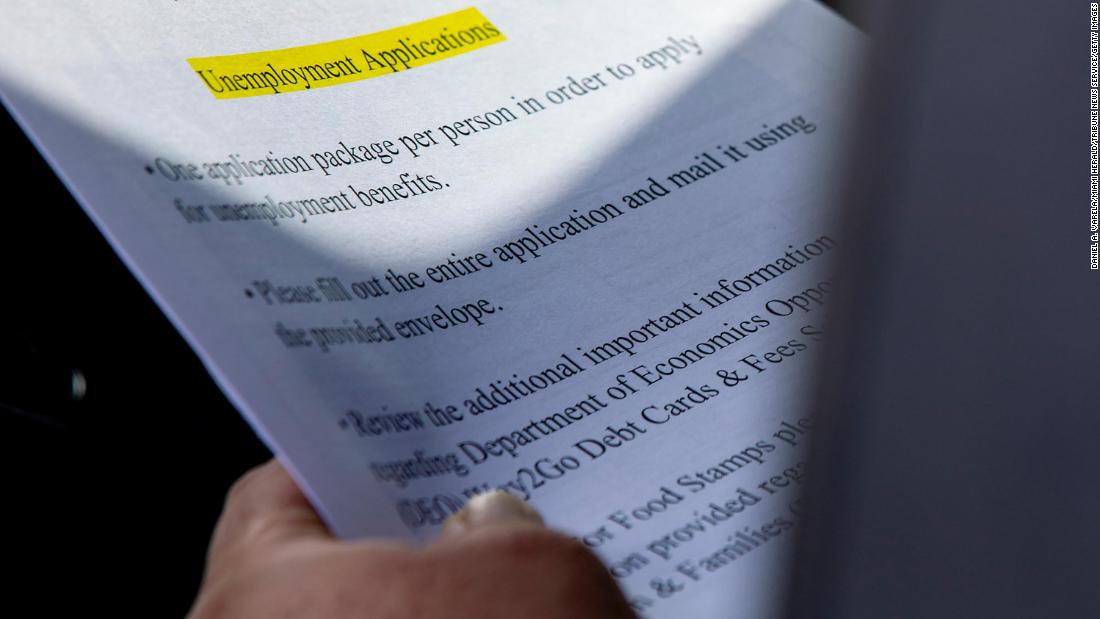





/cloudfront-us-east-1.images.arcpublishing.com/dmn/G73Z24Q6DJGTDF2OSWCVLBDIOI.jpg)




